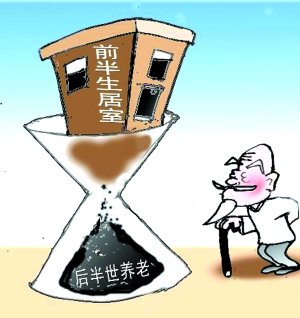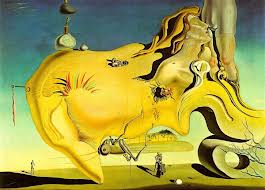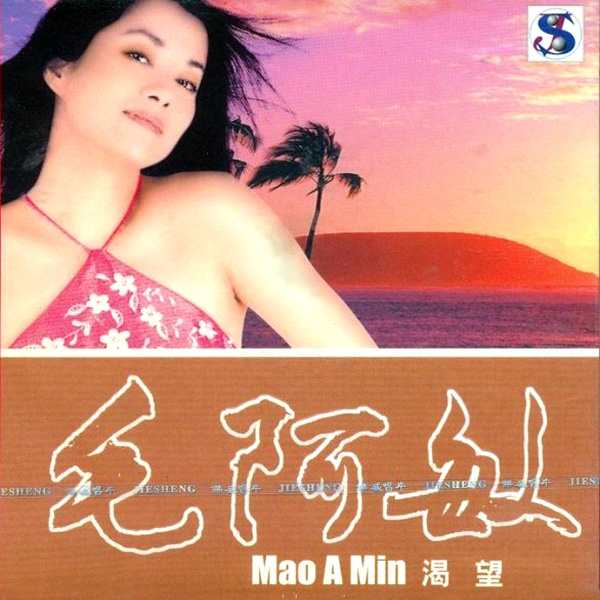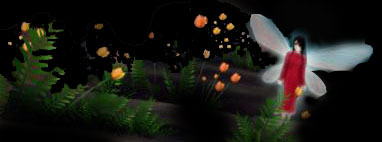КИТАЙСКИЙ / КУРС
  |
白 |
 |
毛阿敏 - 渴望 |
| 渴望 kěwàng |
Желание |
|
Mandarin Pinyin |
|
| 悠悠岁月 欲说当年好困惑 |
Тянутся годы жизни, Желаю сказать, те годы весьма /сбивают с толку/, |
| * you1you1 suìyuè yù shuō dāngnián hăo kùnhuò | |
| 亦真亦幻难取舍 |
И настоящее и вымышленное, трудно понять или принять (сделать выбор) |
| yì zhēn yì huàn nán qu3she3 | |
| 悲欢离合都曾经有过 | Радость и печаль, расставания и встречи, Всё уже в прошлом |
| bēihuānlíhé dōu céngjīng yŏu-guò | |
| 这样执着 究竟为什么? | Так, происходит, В итоге, отчего? |
| zhèyàng zhí-zhuó jiūjìng wèishénme | |
| 漫漫人生路 上下求索 | Бескрайняя человеческой жизни дорога, Верх и низ ищу, |
|
% man4man4 rénshēng lù shàngxià qiú-suŏ |
|
| 心中渴望真诚的生活 |
В сердце, желание - Подлинной (искренней) жизни |
| xīn zhōng kěwàng zhen1cheng2 de shēnghuó | |
| 谁能告诉我 | Кто может сообщить мне - |
| shéi néng gàosu wŏ | |
| 是对还是错 | верное либо ошибочное |
| shì duì háishì cuò | |
| 问询南来北往的客 |
Ищу (выспрашиваю) юг (а) прибываю на север, (такой я "гость") путешественник |
| wèn-xún nán lái běi wăng-de kè | |
| * % | |
| 恩怨忘却 留下真情从头说 | Любовь и ненависть забыты, Остаётся действительность сначала говорить |
| ēnyuàn wang4que4 liúxià zhēnqíng cong2-tóu shuō | |
| 相伴人间 万家灯火 |
Друг другу партнёры, в человеческом мире, 10000 семей (дворов) ламп огонь, |
| xiāng bàn rénjiān wàn jiā deng1huo3 | |
| 故事不多 | Истории немного (небольшая сказка) |
| gùshì bù duō | |
| 宛如平常一段歌 | Словно обычная одна песня |
| wănrú píngcháng yi1duan4 gē | |
|
过去未来共斟酌 |
Прошедшее, будущее, Вместе "наливаем вино" (обдумываем) |
| guòqu wèilái gòng zhēnzhuó | |
| 过去未来共斟酌 | Прошедшее, будущее, Вместе "наливаем вино" (друг другу подаём) |
| guòqu wèilái gòng zhēnzhuó |

